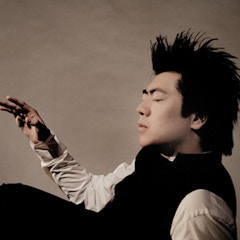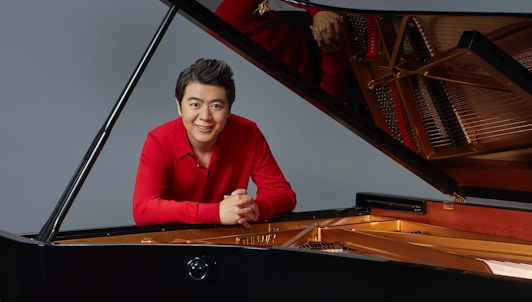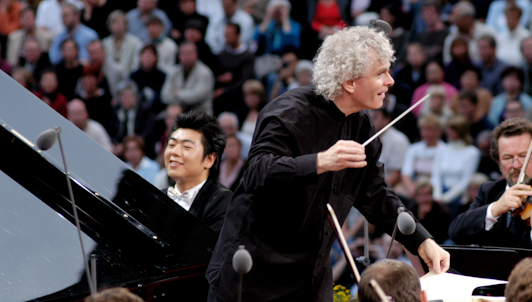

A medici.tv greatest-hits compilation



Документальный фильм режиссера Кристиана Бергера


Вальдбюне 2004 - Берлинский филармонический орк...